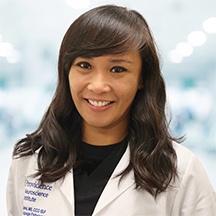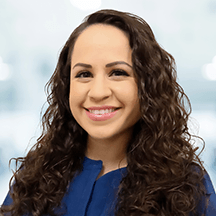
Speech and Swallow Therapy For Facial Paralysis
What is Speech and Swallow Therapy for Facial Paralysis?
Speech and swallow therapy for facial paralysis is a specialized form of rehabilitation designed to help patients improve speech articulation and swallowing function. Because the facial nerve controls important muscles involved in speech and eating, damage or dysfunction can significantly impact daily communication and nutrition.
The Role of Speech-Language Pathologists
Our speech-language pathologist (SLP) team plays a vital role in rehabilitation after facial paralysis. Many patients experience difficulty speaking clearly, eating, or drinking due to weakened lips and reduced cheek muscle tone. An SLP can provide individualized strategies and exercises to help restore function, improve clarity, and support safe swallowing.
How Facial Paralysis Affects Speech and Swallowing
When the facial nerve is injured:
- Lip movement is weakened, making it harder to form words clearly.
- Cheek muscle tone decreases, causing food to collect on one side of the mouth.
- Patients may struggle with slurred speech, unclear articulation, or difficulty being understood.
These challenges can be frustrating, but therapy techniques help patients regain confidence in communication and eating.
Helpful Strategies for Daily Life
Your speech therapist may recommend simple adjustments to improve speech clarity and swallowing safety:
- Speak slowly to make your words easier to understand.
- Reduce background noise when talking so others can hear you better.
- Support your cheek with your hand while speaking or eating to help direct sound forward and prevent food from getting trapped.
Goals of Speech and Swallow Therapy
The primary goals of therapy are to:
- Improve speech clarity and communication.
- Enhance swallowing safety and efficiency.
- Reduce frustration and increase confidence in daily interactions.
- Support overall quality of life for patients living with facial paralysis.
Speech and Swallow Specialists

In-Person or Virtual Video Visit
Our specialists have consultation openings for new patients.



